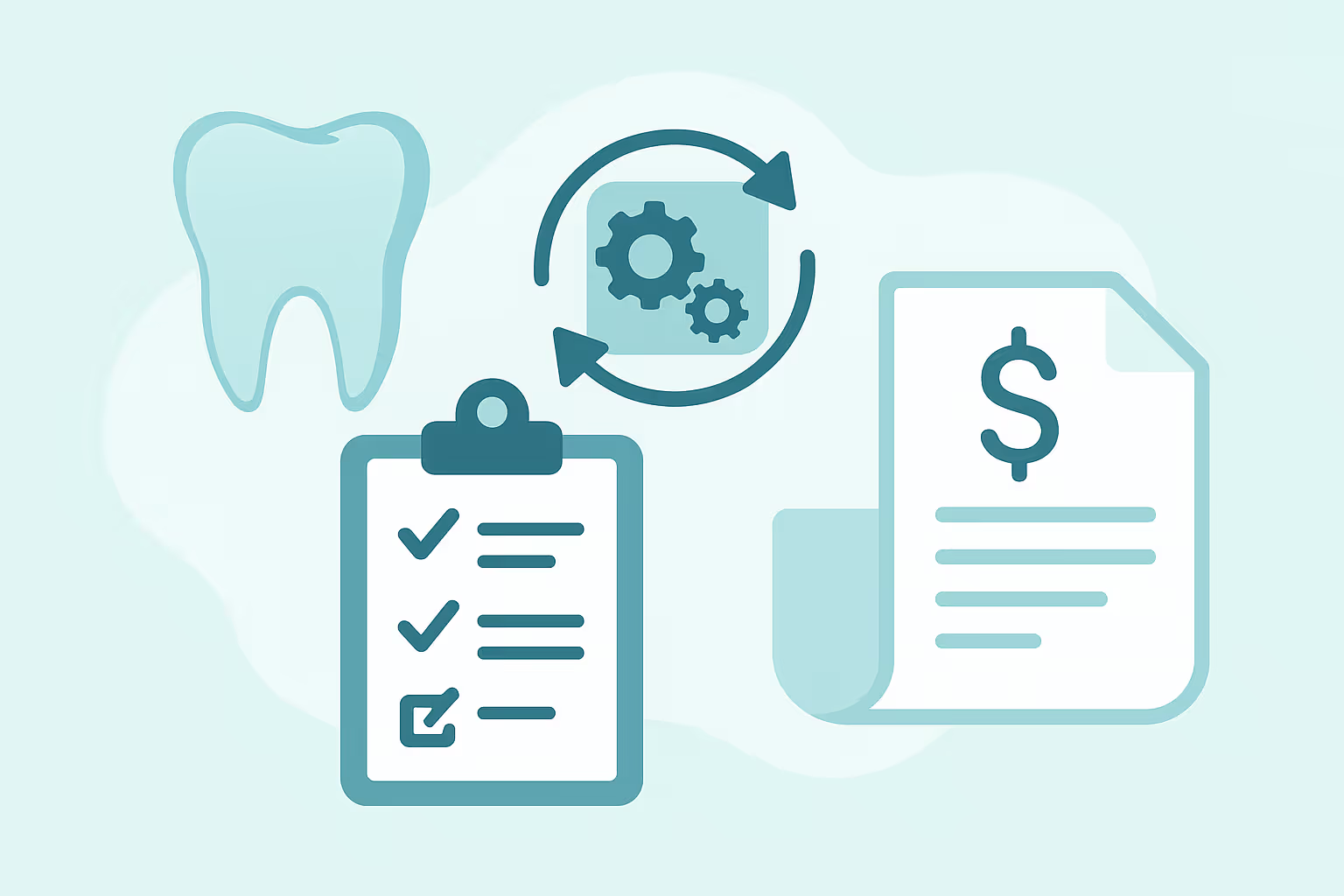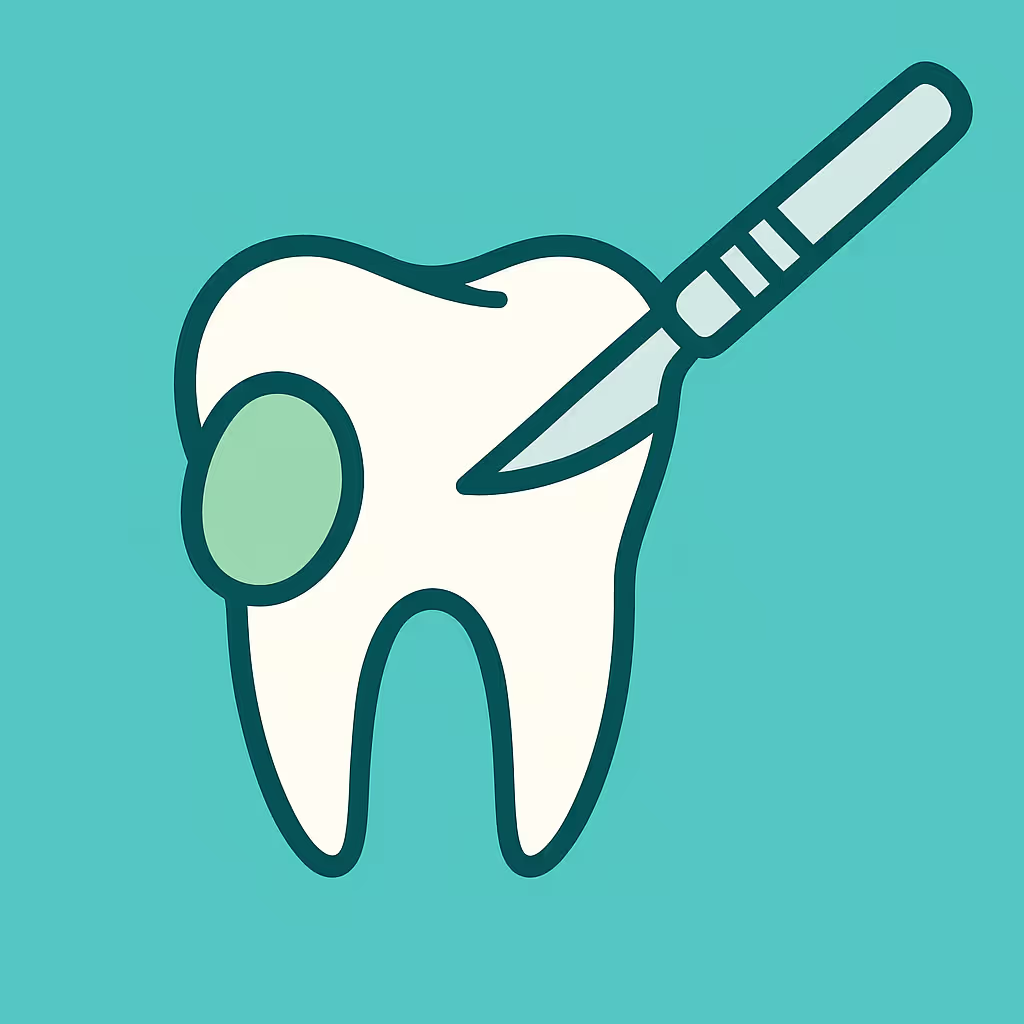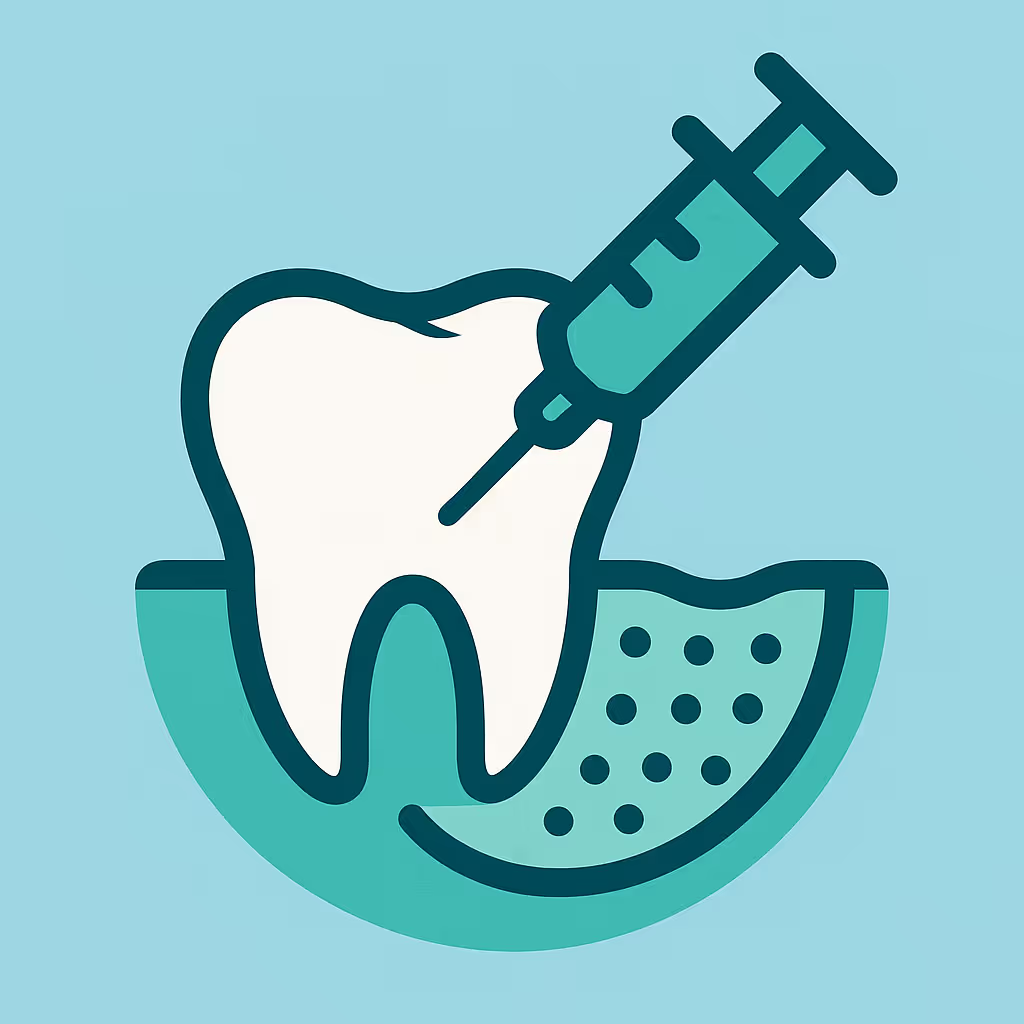Understanding Dental Code D9993
When to Use D9993 dental code
The D9993 dental code is designated for dental case management services focused on motivating patient compliance and improving oral health outcomes. This CDT code is used when a dental professional provides individualized, patient-centered case management—such as coordinating care, facilitating appointments, or providing education and support to patients with complex needs. D9993 is especially relevant for patients who require additional assistance to follow through with recommended treatment plans, such as those with chronic conditions, multiple providers, or barriers to care.
Documentation and Clinical Scenarios
Accurate documentation is essential when billing for D9993. The clinical notes should clearly outline the specific case management activities performed. Examples include:
- Coordinating referrals to specialists or other healthcare providers
- Arranging transportation or translation services for appointments
- Providing detailed oral hygiene instructions tailored to the patient’s needs
- Following up with patients who have missed appointments or have complex medical histories
Best practice is to include the date, duration, and nature of the interaction, as well as the outcome or patient response. For instance, “On 3/15/24, care coordinator spent 20 minutes arranging oral surgery referral and confirming patient’s transportation needs. Patient confirmed understanding and appointment scheduled.” This level of detail supports claim justification during insurance reviews or audits.
Insurance Billing Tips
Billing D9993 requires a strategic approach to maximize reimbursement and minimize denials. Here are actionable steps:
- Verify Coverage: Before providing case management, check with the patient’s insurance to confirm if D9993 is a covered benefit. Some plans may require pre-authorization or have specific documentation requirements.
- Submit Detailed Claims: Attach comprehensive clinical notes and, if possible, supporting documentation such as referral forms or communication logs. This helps justify the necessity of the service.
- Review EOBs Carefully: If a claim is denied, review the Explanation of Benefits (EOB) for the specific denial reason. Common issues include lack of documentation or non-covered service.
- Appeal When Appropriate: If you believe the service was medically necessary, submit a claim appeal with additional documentation and a clear explanation of the patient’s needs and the services provided.
- Track AR: Monitor accounts receivable (AR) for outstanding D9993 claims and follow up promptly to resolve any issues.
Example Case for D9993
Consider a patient with diabetes and periodontal disease who struggles to keep appointments and follow oral hygiene instructions. The dental team uses D9993 to bill for time spent:
- Coordinating with the patient’s primary care physician and endocrinologist
- Scheduling follow-up visits and sending reminders
- Providing customized education on the link between diabetes and oral health
All interactions are documented in the patient’s chart, and the claim includes a summary of the case management activities. This approach not only supports reimbursement but also improves patient outcomes by addressing barriers to care.
For related case management codes, see D9992 dental code for care coordination services.





